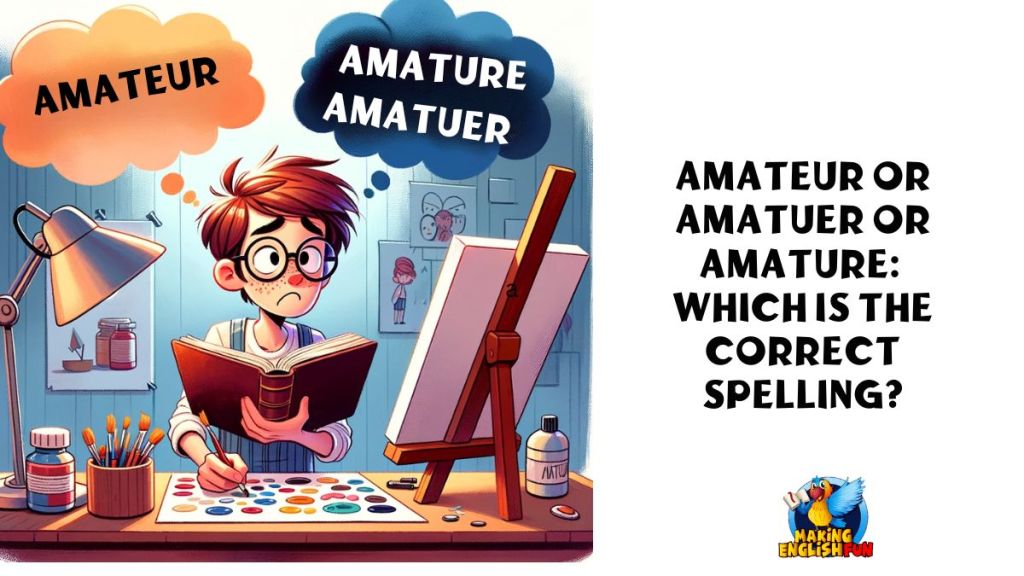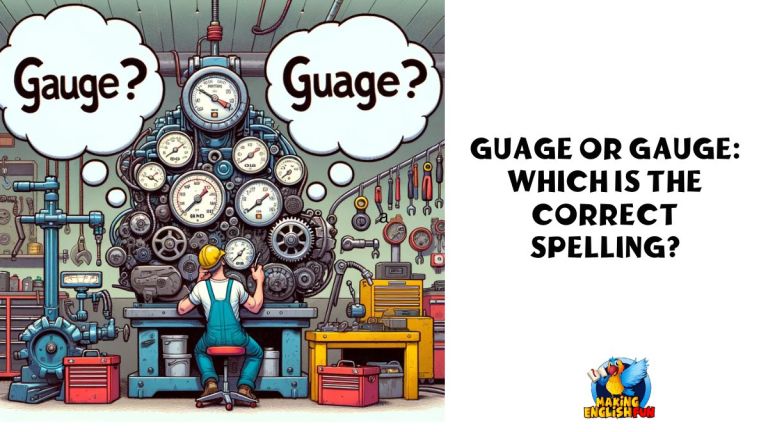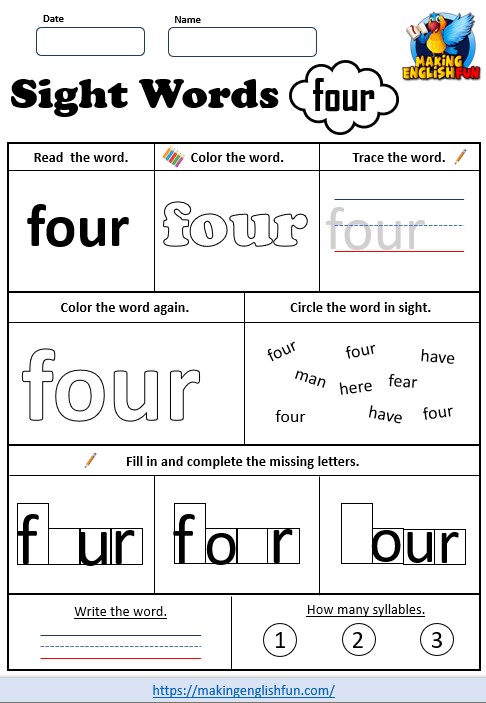Amateur, Amatuer, or Amature: Which is the Correct Spelling?
In English, correctly spelling words borrowed from other languages can be a challenge, especially when multiple variations seem plausible.
This is particularly true for the word “Amateur,” often misspelled as “Amatuer” or “Amature.” The correct spelling is essential for accurate communication, especially in contexts discussing skill levels, hobbies, or non-professional activities.
This article aims to clarify the correct spelling of “amateur” and provide guidance to help you remember and use it properly in various contexts, from describing skill levels in sports and arts to differentiating between professional and non-professional activities.

Correct Spelling and Definition
The correct spelling is “Amateur,” with the sequence of letters ‘a-m-a-t-e-u-r’.
An amateur is someone who engages in a particular activity or field, especially sports or the arts, on an unpaid, non-professional basis.
For example, “She is an amateur photographer who enjoys capturing nature.”
Common Spelling Errors: Amatuer and Amature
- “Amatuer,” with the ‘u’ and ‘e’ transposed, and “Amature,” with an ‘a’ instead of the ‘e’ in the suffix, are common misspellings.
- These errors may arise from mispronunciation or misunderstanding of the word’s origin and proper spelling.
Comparison with Other Common Spelling Confusions
Similar to “Amateur,” there are other words in English that are frequently misspelled.
Here’s a comparison table showcasing some common spelling challenges:
| Correct Spelling | Common Incorrect Spellings |
|---|---|
| Amateur | Amatuer, Amature |
| Necessary | Neccessary, Necesary |
| Separate | Seperate, Seporate |
| Definitely | Definately, Definitly |
| Privilege | Privelege, Privledge |
This table emphasizes the importance of recognizing and memorizing the correct spellings of commonly used but often misspelled words.
Etymology and Historical Development
“Amateur” originates from the French word “amateur,” meaning ‘lover of,’ derived from the Latin “amator,” a lover.
The word initially denoted someone who loves or is fond of something but later came to mean someone engaged in an activity on a non-professional basis.
The spelling “Amateur” has been consistent in English, reflecting its origin and usage evolution.
Usage in Different Contexts
“Amateur” is used across various fields to describe someone who engages in a particular activity out of passion rather than for financial gain or professional reasons.
In sports, an amateur athlete is someone who participates without monetary compensation. In arts and hobbies, it refers to individuals practicing their skills for enjoyment rather than as a profession.
Tips for Remembering the Correct Spelling
To remember the correct spelling of “Amateur,” think of the word ‘amateur’ as someone who does something for the ‘amor’ (love) of it, connecting it to its Latin root.
Regular exposure to sports, arts, and hobby-related literature can also reinforce the correct spelling.
Conclusion
Understanding and correctly using the word “Amateur” is crucial for clear and precise communication in various contexts, especially when distinguishing between professional and non-professional activities.
FAQs and Reader Questions
- Why is it important to spell ‘Amateur’ correctly in sports and arts contexts?
- Correct spelling is key for clarity in distinguishing skill and engagement levels, especially in formal discussions or competitions.
- How can learning the origins of words improve spelling?
- Understanding a word’s etymology can provide insights into its correct spelling and meaning, enhancing overall language proficiency.
- Are there any effective strategies for remembering the spelling of complex words?
- Mnemonic devices, frequent reading, and practical application in writing can help in memorizing and correctly spelling complex words.
- Do native English speakers often misspell ‘Amateur’?
- Yes, misspellings of ‘Amateur’ occur, often influenced by pronunciation and unfamiliarity with the word’s origin.
- Can incorrect spelling impact the credibility of written communication?
- Yes, consistent spelling errors can affect the perceived professionalism and credibility of written communication.






